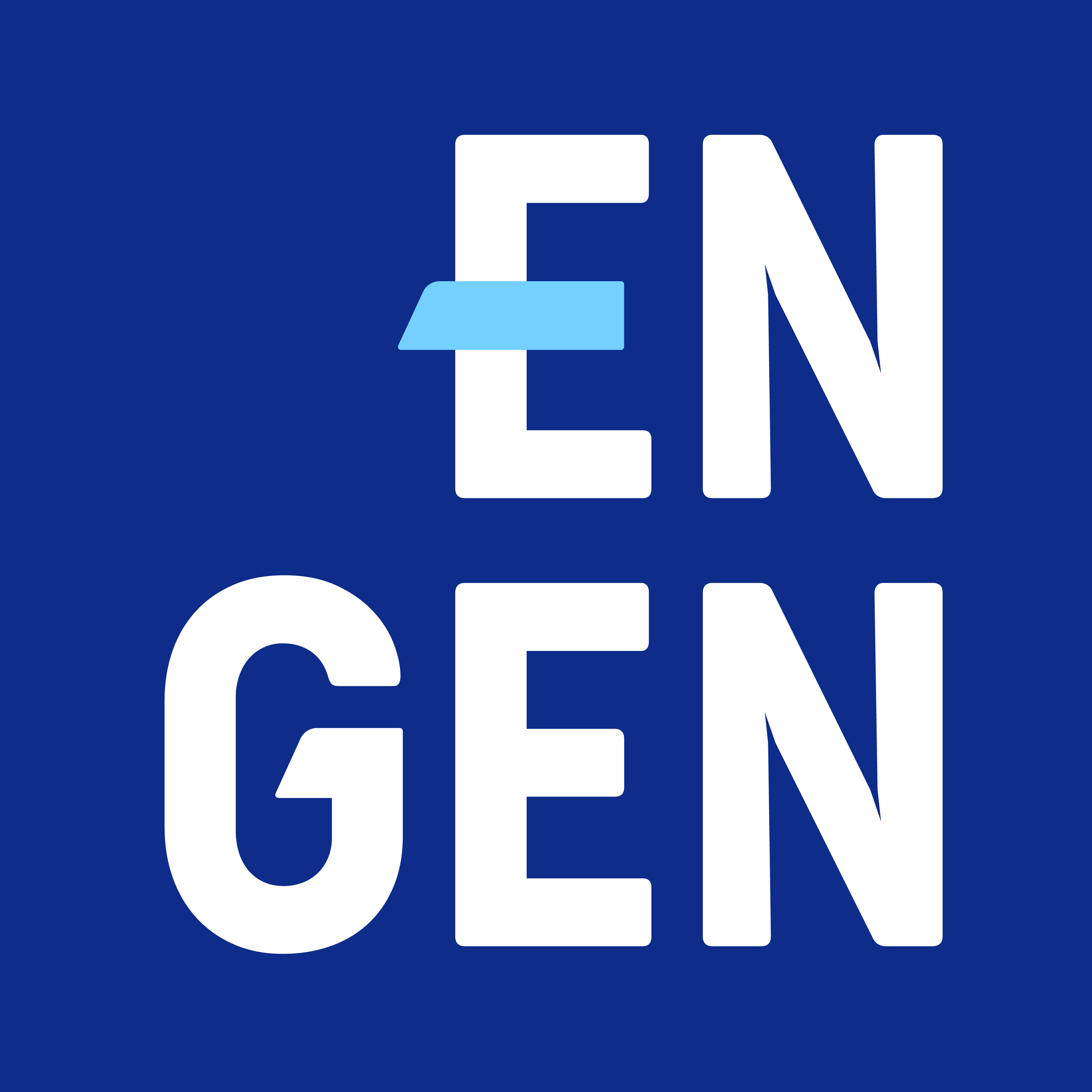Supporting the inclusion of New Americans in our democracy is a critical step in ensuring that all Americans can have a voice in our civic discourse. At EnGen, we’re working to ensure that English is not a barrier to civic engagement.
Read MoreWe are so pleased to be able to sponsor the One Journey Festival and give away 20 EnGen licenses to multilingual newcomers who would like to improve their English skills.
Read More“EnGen has helped me in all aspects of my life. I have improved my English. I can go to the post office, to the bank, to school. The other day my son’s teacher asked me, ‘Have you been studying English?’ She could tell that I’ve been improving. There is still a long way to go, but I’ll get there step by step.”
“At first I was too shy to even speak with someone. I feel more comfortable now. EnGen helped me to open up, to open my life. Being in a different country with a different language is difficult. EnGen helped me with that.”
Read MoreThis month marks National Immigrant Heritage Month – and we’re joining the celebration, recognizing the wide influence that immigrants and refugees have had on the civic, social, and economic fabric of the U.S.
Read MoreNew data from the Bureau of Labor Statistics (BLS) paints a compelling picture of the critical role that immigrants, refugees, and speakers of other languages play in the U.S. economy – and the timely need for investments in career-aligned English upskilling.
Read MoreModels that connect qualified teachers from immigrant and refugee communities with opportunities in local classrooms have potential for big benefit in students’ academic outcomes.
Read More“The bottom line is that before EnGen, I wasn’t comfortable speaking in front of a crowd. But now I am so confident. I don’t need to know all of the words in the dictionary to have a conversation.”
The Colorado Office of New Americans (ONA) has selected EnGen as a partner to launch an ambitious new initiative designed to unlock the potential of the state’s 520,000 workers from immigrant and refugee backgrounds.
Read More“I’m very good at going to the park and talking to people, but that’s not the same as professional English. EnGen was really good, more challenging than I thought [it would be], in helping me to practice.” - Kathya
Read MoreIn launching a new statewide partnership with EnGen, Colorado has joined a growing network of other states – including Maine and Michigan – that are deploying English upskilling to advance the career mobility of an estimated 13 million adult English learners in the U.S. workforce.
Read More“I work full-time and I go to school too – I do EnGen in the evenings, usually after 10pm. It helps me connect with my career field. I’m practicing and seeing my English improving professionally,” she said.
Read MoreAdults learn best when they can work at their own pace in a competency-based model with English language content that’s relevant to both their lives and their livelihoods. An approach that consistently works – and that we support through the EnGen platform – is the flipped classroom.
Read MoreIt’s time to champion immigrant and refugee talent in healthcare – and that includes expanding pathways for internationally trained physicians to acquire both the English and career skills to re-license in the U.S.
Read MoreBuilding a future-ready workforce requires a focus on connecting all workers — particularly adult English learners, 40% of whom are estimated to lack digital skills — with the training to thrive in a technology-fueled economy.
Read MoreAs members of the new U.S. Congress and state governments are sworn into office this month, they must rally around workforce development as a common and crucial priority. We offer four ideas for new elected officials to advance this critical work.
Read MoreWe are giving 60 new learners – individuals who are not being served by our current clients and partners and therefore may not be able to otherwise access our platform – an opportunity to access EnGen’s mobile-first, career-aligned English courses and coaching for FREE in 2023.
Read MoreA place to start for solving the healthcare staffing shortage is with the 263,000 immigrants and refugees who hold health-related degrees but who cannot take advantage of them in the U.S. workforce.
Read MoreThe U.S. workforce needs real strategies to encourage historically underrepresented groups, including women and people of color, to become apprentices. Promoting immigrant and refugee access to these programs is a solid place to start.
Read More



















